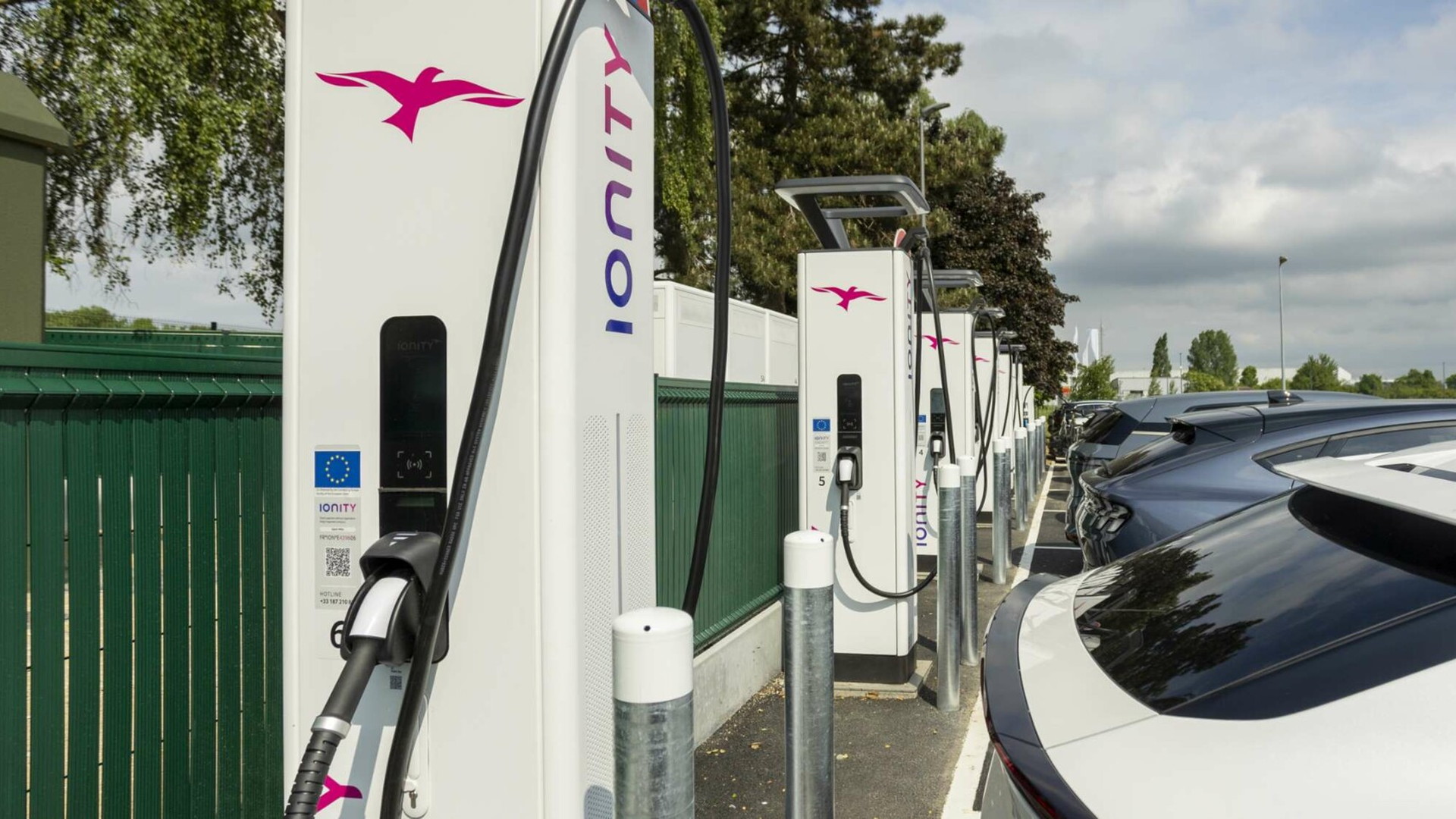The cars on U.S. roads are older than they've ever been.
A recent survey found that the average age of U.S. vehicles is now at a record high of 11.5 years.
That means the average passenger car on the road today was built for the 2004 model year--and that there's a long tail of cars stretching well back into the 1990s around you in daily traffic.
DON'T MISS: Gas Prices Matter To U.S. Households, But Only Somewhat
The statistic comes from research firm IHS Automotive, which supplied a few reasons for increased average car age, according to The Car Connection.
One reason is that cars built over the last decade or so are better made than ones made 20 or 30 years ago--a response to consistent consumer calls for increased reliability.
Greater electric-car adoption could accelerate this trend even further because: Without combustion engines, electric cars have far fewer parts that can break or wear out.

2004 Honda Civic Coupe
Of course, the resilience of cars doesn't matter if people don't continue driving them.
The data indicate people are using their older cars more, and a lower rate of crashes means fewer cars are taken off the road due to damage.
And while new-car purchases are on the rise, many recent buyers likely haven't bought a new car in a long time.
ALSO SEE: U.S.P.S. 'Long Life' Vehicles Last 25 Years, But Age Shows Now
Buyers now keep new cars for an average 77.8 months--26 months longer than they did in 2006.
Used-car buyers keep their purchases an average 63 months, a 25-month increase.
This may still be due to the aftereffects of the Great Recession, which severely depressed car sales and caused the average age of cars to spike.

2004 Nissan Sentra
While showroom traffic is still strong and sales are at 10-year highs, IHS believes the average age of cars on U.S. roads will continue to increase, albeit more slowly.
It predicts the volume of vehicles aged zero to five years will increase 24 percent over the next five years, and the volume of six- to 11-year-old vehicles will decline by 11 percent.
MORE: Reduce, Reuse, Recycle: Average Vehicle Now 11.4 Years Old, Oldest Since WW2 (Aug 2013)
But the volume of cars aged 12 years or more will increase 15 percent by 2020, researchers say.
The average age of vehicles is expected to reach 11.6 years in 2016, and 11.7 years in 2018.
When those cars do get replaced, though, increasingly-strict efficiency standards mean it will almost certainly be with something that uses less fuel.
_______________________________________________












